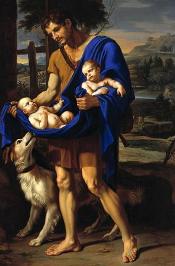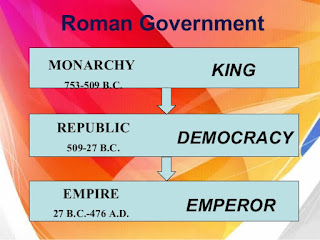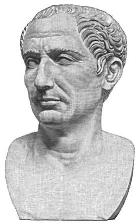DISTRIBUTION OF CONTENT
COPY YOUR PART AT HOME!!!!!!!!!!!!!!!PREPARE A PIECE OF PAPER WITH YOUR INDIVIDUAL PART FOR FRIDAY 26TH
WHEN YOU FIND PAPER WRITTEN, THESE ARE THE LINKS FOR THE CONTENT
INTRODUCTION paper 1
http://www.ducksters.com/history/renaissance/age_of_exploration_and_discovery.php
HERNAN CORTES paper 2
http://www.ducksters.com/biography/explorers/hernan_cortes.php
VASCO DA GAMA paper 3
http://www.ducksters.com/biography/explorers/vasco_da_gama.php
1. SARA: INTRODUCES CLASSWORK, INTRO AND "WHY EXPLORE?" paper1
2 MARIO CENTELLAS: "HOW DID EXPEDITIONS MAKE MONEY?" paper 1
3 ALBA "HENRY THE NAVIGATOR" paper 1
4. MARIO ARRIEREO "CHRISTOPHER COLUMBUS" paper 1
5. CHRISTIAN "PORTUGAL AND SPAIN "paper 1
6. JOSUE "COLONIES" paper 1
7 LUISMI "GEOGRAPHY" paper 1
8 and 9 MARIA AND VICTOR : 1ST PARAGRAPH BOOK AND INFO MARCO POLO pg 67
10. MARIO AVILA: 1ST PART pg67
11. LUCIA: ADVANCES pg67
12. JAVIER CHOZAS: LOOK FOR A DEFINITION FOR COMPASS, ASTROBALE AND QUADANT pg67 (busca en internet la definicion)
13 ALVARO : PORTUGUESE EXPEDITONS 1STpg 68
14 PABLO: PORTUGUESE EXPEDITIONS . 2ND pg 68
15. CANDELA : SPANISH AND PORTUGUESE RIVALRY pg 68
16 CESAR : CARAVEL pg 69
17 IRIA : DID YOU KNOW... PYRATES pg 69
18.FIRDAUS : AMERICA pg 70 ( 2 paragraphs )
19DIEGO: AMERCIA pg 70 (1paragraph)
20. SANDRA : AMERICA. pg70 (2 paragrphs)
21, 22 and 23 JESUS, AINERU AND IKER: HERNAN CORTES (paper 2) divide info
24. DAVID DIAZ MAGELLAN pg 71
25 EVA : MAGELLAN pg 71
26 27 y 28 HECTOR VANESA AND SOFIA : VASCO DA GAMA (paper 3) divide info
29 ANGELA : CONSEQUENCES pg72
30 MIGUEL "
31 CHENA
32 DAVID GARCIA
33. IRENE: DISEASES BROUGHT TO THE NEW WORLD: SMALLPOX, TYPHUS AND CHOLERA ( BUSCA UNA DEFINICION DE CADA UNA ) AND GOOD BYE


























